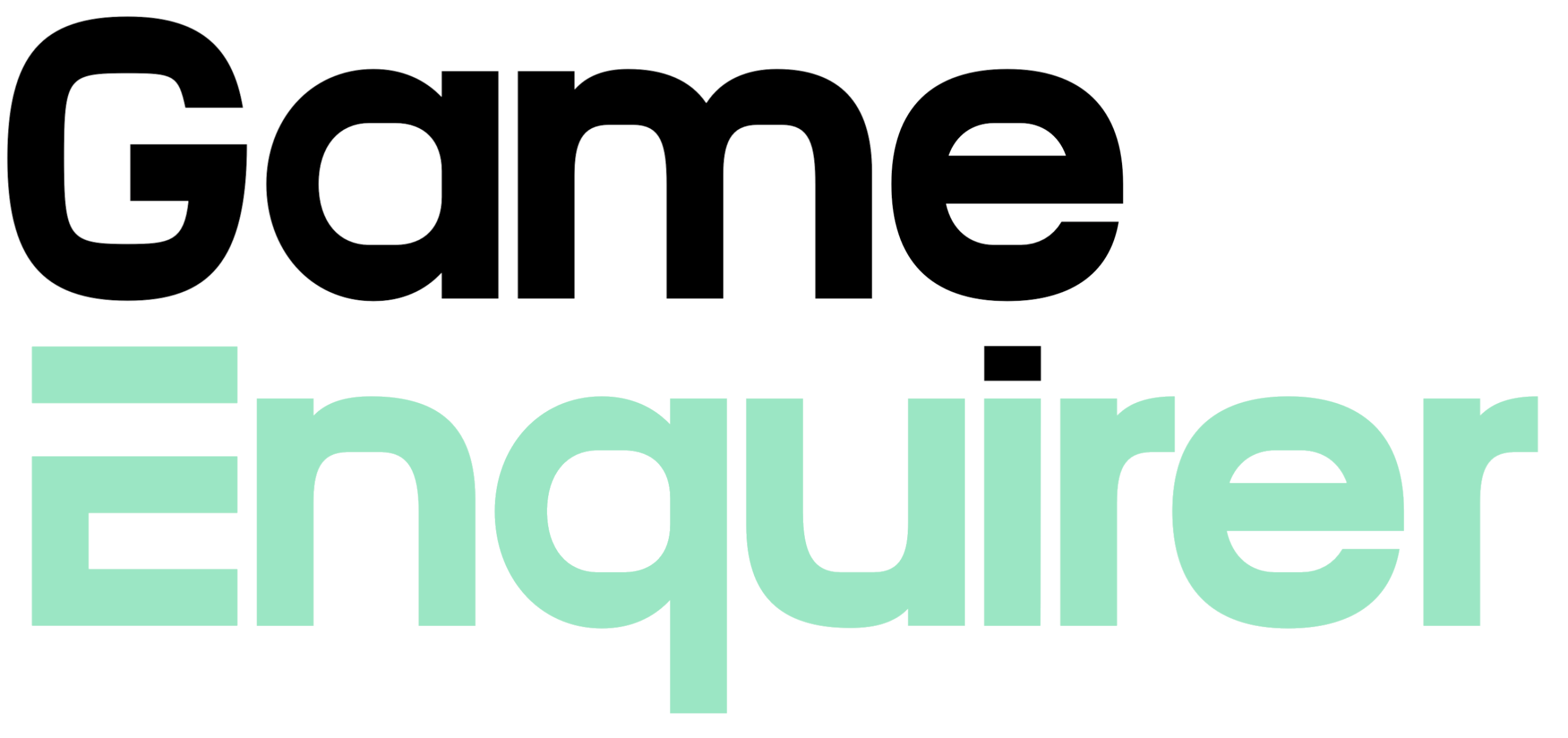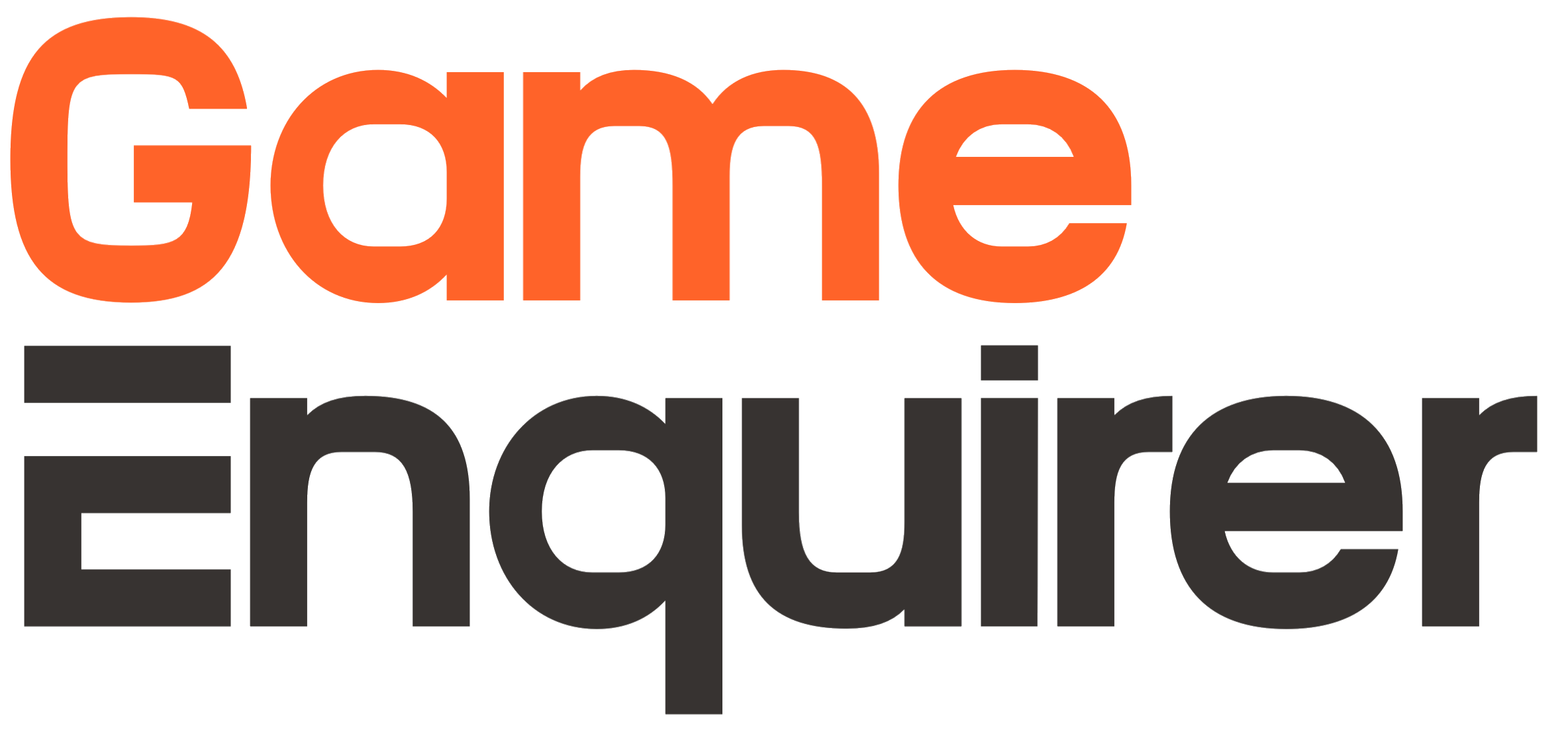Neon Inferno has been delayed to November 20, its creators announced, pushing the anticipated release into the late-fall window. The shift positions the title squarely amid the crowded holiday season, where it will vie for attention alongside major launches. Further updates on launch plans are expected as the new date approaches.
Neon Inferno delay to late November reflects extended quality assurance and stability polish
The studio has pushed the sci‑fi action epic to November 20, citing a final round of validation geared toward smoother performance and fewer day-one regressions. According to the team, the extra runway is focused on platform certification, cross‑play stability, and resolving late‑cycle issues uncovered during expanded test passes, including shader‑compilation hitches and edge‑case save conflicts. The aim is to ship a build that meets the internal quality bar without relying on a sprawling first‑week hotfix cadence.
- Performance targets: frame pacing improvements, load time reductions, and memory management tweaks across platforms
- Network resilience: desync fixes, session handoff stability, and failover logic for matchmaking
- Input parity: refined controller dead zones, keyboard/mouse remapping, and adaptive trigger tuning
- Accessibility and UX: screen readability, subtitle timing, color‑blind palettes, and menu responsiveness
- Localization QA: context fixes, line wrapping, and voice‑text synchronization in supported languages
The delay does not indicate scope reductions; the studio says there are no content cuts and feature completeness remains intact. Pre‑orders stand, with revised pre‑load timing and an updated review/creator window set ahead of launch. PC spec guidance is being refreshed to reflect recent optimizations, while console parity remains a priority. In short, this is a stability‑first decision intended to reduce day‑one friction and deliver a cleaner, more reliable experience on November 20.
What to expect at launch including performance improvements balance updates and accessibility changes
With the new date set, the team is folding in a broader technical pass and a final round of tuning aimed at a smoother, more competitive first week. Under-the-hood work targets steadier frame pacing, shorter asset streaming times, and fewer hitches during busy effects sequences, while balance shifts focus on time-to-kill, role viability, and the in‑match economy. Key launch-day improvements include:
- Performance: 60 FPS targets on current-gen consoles with VRR support, an optional 120 Hz mode on select hardware, shader precompilation on PC to cut traversal stutter, and multithreaded asset streaming for denser arenas.
- Loading and stability: Optimized boot and level transition pipelines, crash fixes tied to memory spikes, and reduced CPU contention during matchmaking.
- Combat balance: Slightly higher TTK across automatics, normalized recoil patterns, trimmed explosive splash, and clearer damage falloff for precision weapons.
- Role and economy tuning: Support cooldowns shortened, tank sustain redistributed from passives to active abilities, and round-to-round credit inflation curbed to slow early snowballing.
- Matchmaking: Tighter MMR banding in ranked, improved backfill logic for quickplay, and anti-smurf heuristics calibrated for faster detection.
Accessibility sees the most visible overhaul, with settings surfaced up front and presets that can be applied before the first match. These options are designed to reduce friction, broaden input flexibility, and improve readability without diminishing competitive clarity:
- Visual clarity: High-contrast HUD theme, scalable UI text, colorblind presets (Deuteranopia/Protanopia/Tritanopia), and a motion-reduction suite for camera shake, chromatic aberration, and bloom.
- Audio and captions: Customizable subtitle size and backgrounds, speaker tags, sound-effect callouts, and loudness normalization to balance team comms with game audio.
- Controls: Fully remappable inputs on all platforms, hold/toggle options for actions, aim-assist profiles with adjustable strength on controllers, and granular deadzone sliders.
- Screen reader support: Navigable menus with descriptive labels, focus indicators, and improved tab order for quicker setup.
- Ease-of-play: Contextual ping wheel with text labels, optional enemy outline contrast for spectating, and a streamlined onboarding flow that remembers chosen presets across modes.
Implications for preorders regional unlock schedules and refund eligibility
Preorders remain active and will roll forward to the new launch date automatically; you won’t need to re-order. Any bonus items, edition upgrades, or early access entitlements tied to premium bundles will shift to the revised timeline, and payment capture will now occur closer to November 20 according to your storefront’s rules. Physical copies are being re-slotted for shipment to arrive in proximity to the new date, subject to regional carrier lead times and customs.
- Unlock timing: Consoles typically roll out at midnight local time, while PC platforms often use a single global UTC-based unlock. Depending on your region, that can mean evening of Nov 19 in the Americas and morning of Nov 20 in Asia-Pacific.
- Preload windows: Expect revised preload availability approximately 48-72 hours before the new release; exact timing varies by platform and region.
- Pricing and promotions: Existing preorder pricing and promotional discounts should be honored; any regional price adjustments will be communicated by the storefront.
- Edition entitlements: Deluxe/Ultimate perks (cosmetics, battle pass tokens, early access days) will activate relative to the new date.
- Payment timing: Some stores charge at confirmation, others at launch-check your order receipt for the revised billing window.
Refund eligibility depends on the storefront and local law. Most PC marketplaces allow pre-release cancellation, and many offer standard refund windows after launch with minimal playtime. Console policies vary: on PlayStation and Xbox, preorders are usually refundable until payment is processed; the Nintendo eShop may restrict cancellations once funds are captured. If you plan to adjust your order-switch editions, change platform, or request a refund-review your account’s order history and follow the platform’s refund workflow, or contact support. Note that bank settlement times, currency conversion, and regional taxes can affect refund posting dates; keep confirmation emails for reference.
Actionable guidance for players on scheduling cooperative groups updating drivers and managing backlogs
With the date shifting to November 20, use the extra runway to formalize team routines and reduce launch-week friction. Prioritize clarity and commitment over spontaneity: align time zones, set expectations, and rehearse your setup before it matters. Consistency beats intensity when herding busy schedules, so codify a plan now and let automation do the nudging.
- Scheduling: Poll availability (UTC as default), lock a recurring slot, and name a backup night; publish the calendar in your Discord.
- Comms: Standardize voice (push-to-talk), agree on a text fallback, and run a 10-minute audio check before each session.
- Roles: Assign primary/flex roles and share builds in a pinned doc; set clear loot rules to avoid mid-run debates.
- Tech check: Test crossplay invites, verify NAT Type/Open, map quick-call keybinds, and simulate a 20-minute encounter to gauge stability.
- Coverage: Keep a short “standby” list for absences and document progression so substitutes can slot in cold.
Make launch week maintenance-free by front-loading updates and pruning your queue. Treat your rig like a broadcast booth: predictable, clean, and quiet. Trim background noise, eliminate unstable software, and give the game the bandwidth-and storage-headroom it needs. Then use the delay to clear just enough backlog to arrive fresh, not fatigued.
- Drivers & OS: Update GPU drivers (NVIDIA Game Ready/AMD Adrenalin), console firmware, chipset/LAN audio, and Windows; install DirectX/VC++ runtimes; disable conflicting overlays.
- Stability: Verify temps, cap background apps, whitelist the launcher in your firewall, and pre-download to avoid day-one congestion.
- Storage: Free 30% capacity on the install drive, enable TRIM on SSDs, and set the game on your fastest volume.
- Backlog triage: Choose one campaign to finish and one comfort grind; pause the rest. Time-box sessions (60-90 minutes) and uninstall space hogs to make room for patches.
- Launch checklist: Reboot, close overlays/capture tools, confirm controller/KBM profiles, and run a quick packet-loss test before grouping.
Neon Inferno is now slated to launch on November 20. As the new date approaches, watch for details on pre-load timing, regional rollouts, and any day-one updates. We’ll continue to monitor developments and update this story as more information becomes available.












